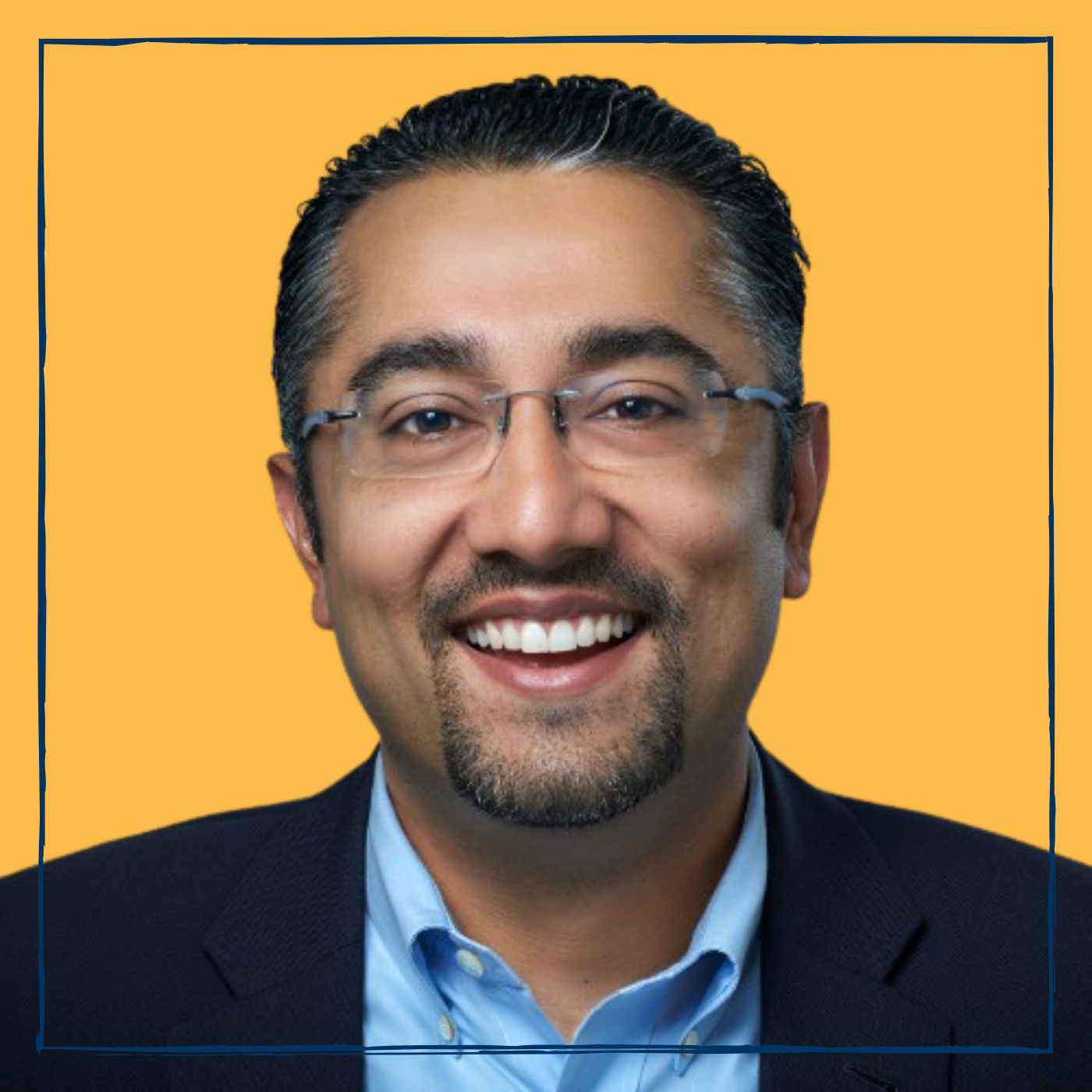In this insightful episode of Berkeley Startups, Arjun Dev Arora, founder of Format One and Retargeter, joins us to share hard-earned lessons from over 15 years of supporting 500+ startups. A UC Berkeley alum and seasoned operator-turned-advisor, Arjun unpacks the reality behind successful startup journeys—from the grit it takes to build during downturns, to the power of deep customer listening, and the underestimated art of timing and obsession.
We dive into topics like co-founder alignment, communication as the core of leadership, when to raise capital, and how founders—whether fresh grads or seasoned professionals—can find their edge. Arjun’s reflections aren’t just tactical—they’re human. He talks openly about what he would’ve done differently at Retargeter and what founders should prioritize when navigating growth, conflict, and market waves. Whether you’re building your first product or navigating a pivot, this episode is packed with wisdom you’ll want to replay.
Episode Quotes
On how communication, repeated and refined, helps leaders lead
From a very tactical and practical perspective, it is off of just communication. Leadership is communication, and communication is repetition. And so you just want to continue to figure out ways to say the same thing in a different way. On a very practical level, synthesizing complex ideas simply and then communicating them and recommunicating them in different ways so that they can land with folks.
On how obsession powers resilience and breakthrough ideas
While that’s helpful, I think the human experience is often driven by emotion and obsession. So, I think it’s good to post facto look at that and rationalize, ‘Oh yes, this was a combination of things that I was particularly good at’. But the reality is, I think you have to find something that you can truly get obsessed about. Because I think that obsession and drive is what’s going to push you through those difficult times, and it’s gonna help you create that grittiness. Resilience is gonna happen through that kind of obsession. So, finding that kind of sharp wedge of obsession and drive, and then on the back of that, building around that to ensure you have a true product.
On learning the lessons you’re meant to learn
I think everything had to happen the way it did. And I think that provides a lot of peace now, 10 years later. But I think there’s always the idea of, sell the company earlier, raise capital a different way, be thoughtful about your cap table, focus on product roadmap expansion—earlier if you know that there’s market pull. There are a lot of I think little things here and there. But at the end of the day, I think you, as a founder, have to go through the experiences you go through in order to learn the lessons you need to learn. In retrospect, it’s hard ’cause you typically are just making the best decision you can in the moment and the best information you have. But lots of lessons learned and I share those as often as I can with anyone who listens, hopefully be able to help them in their own journeys as well.

